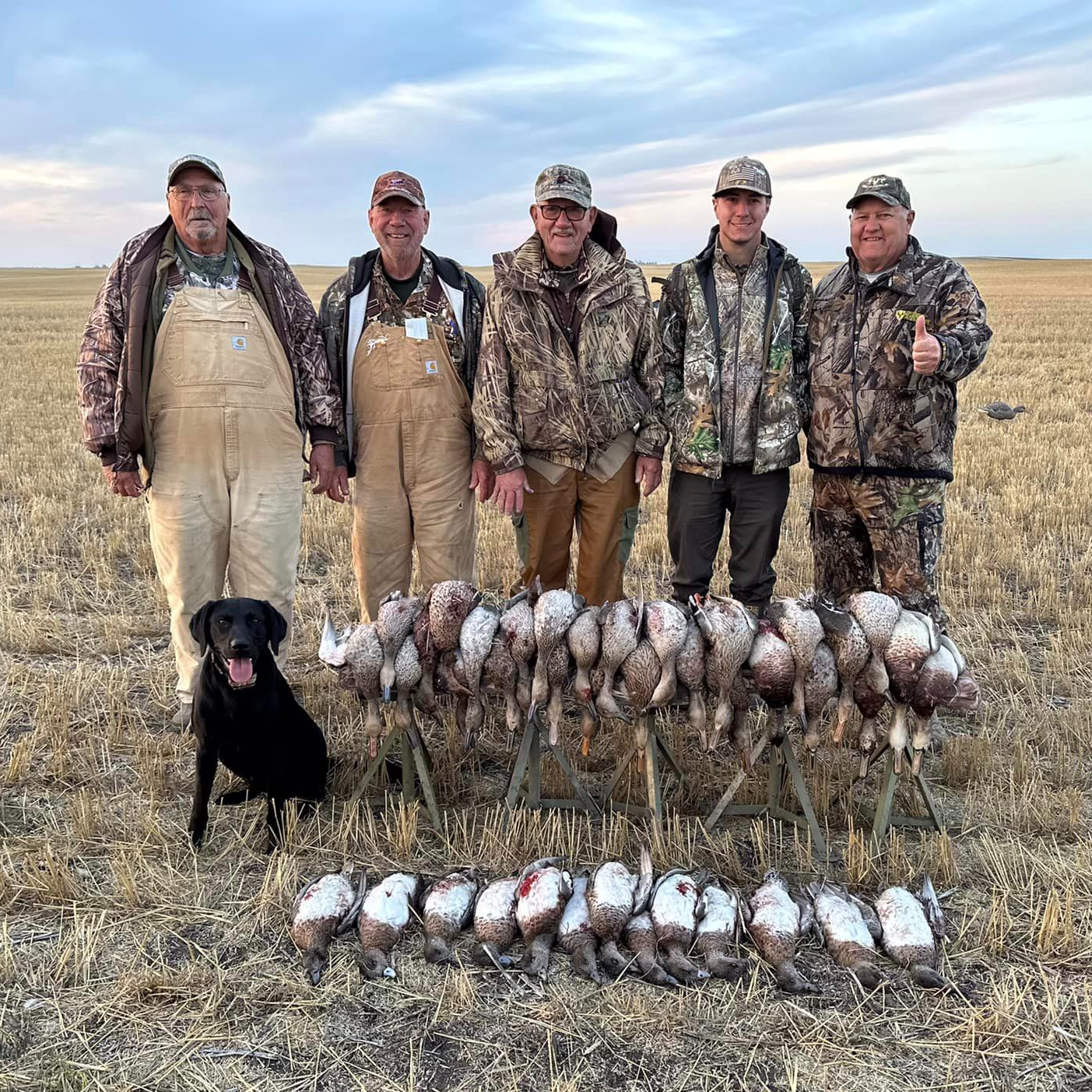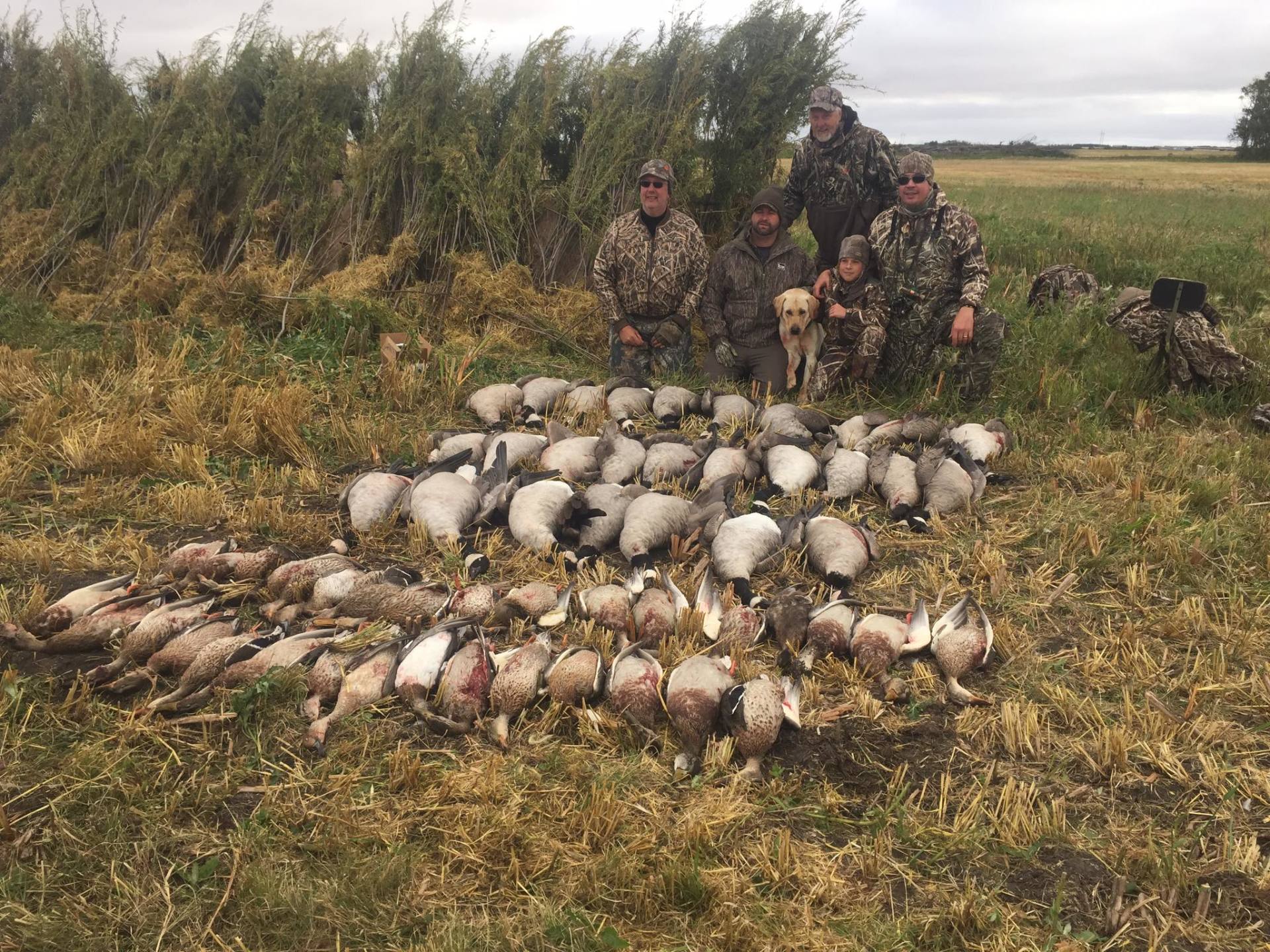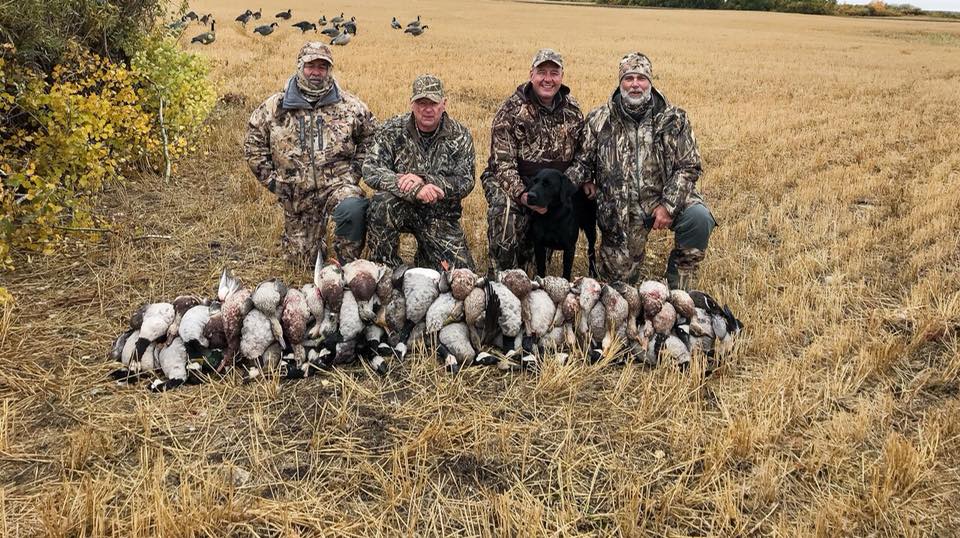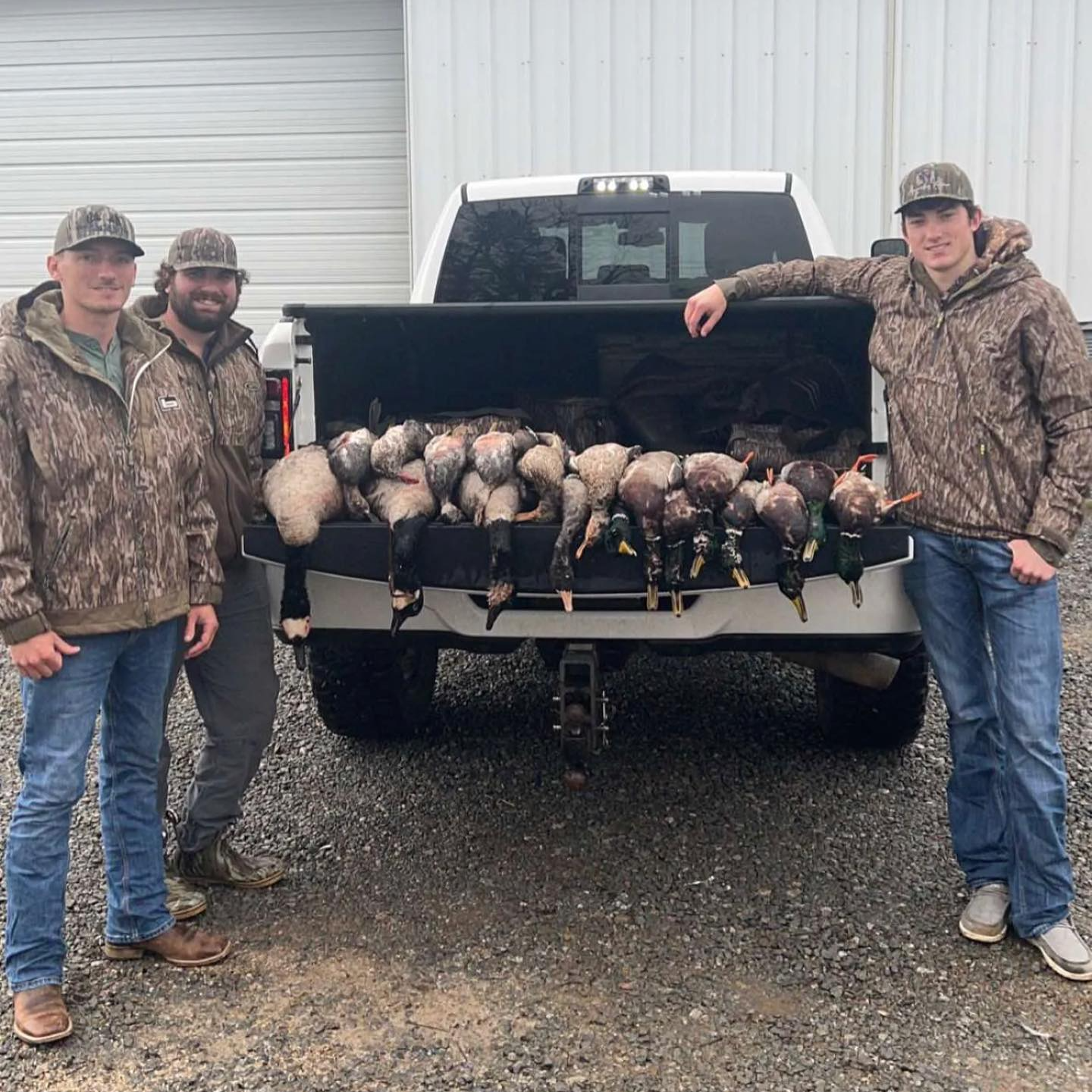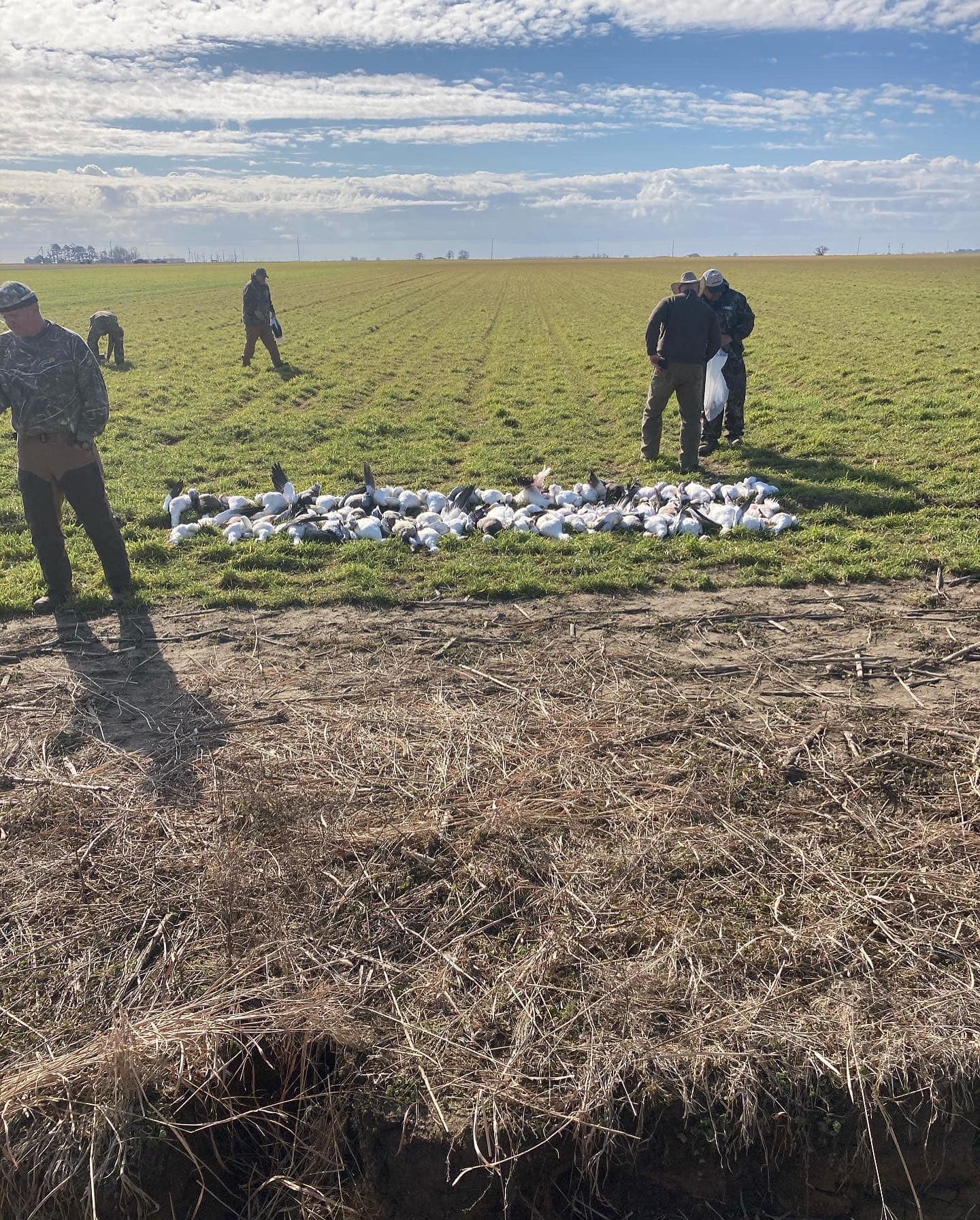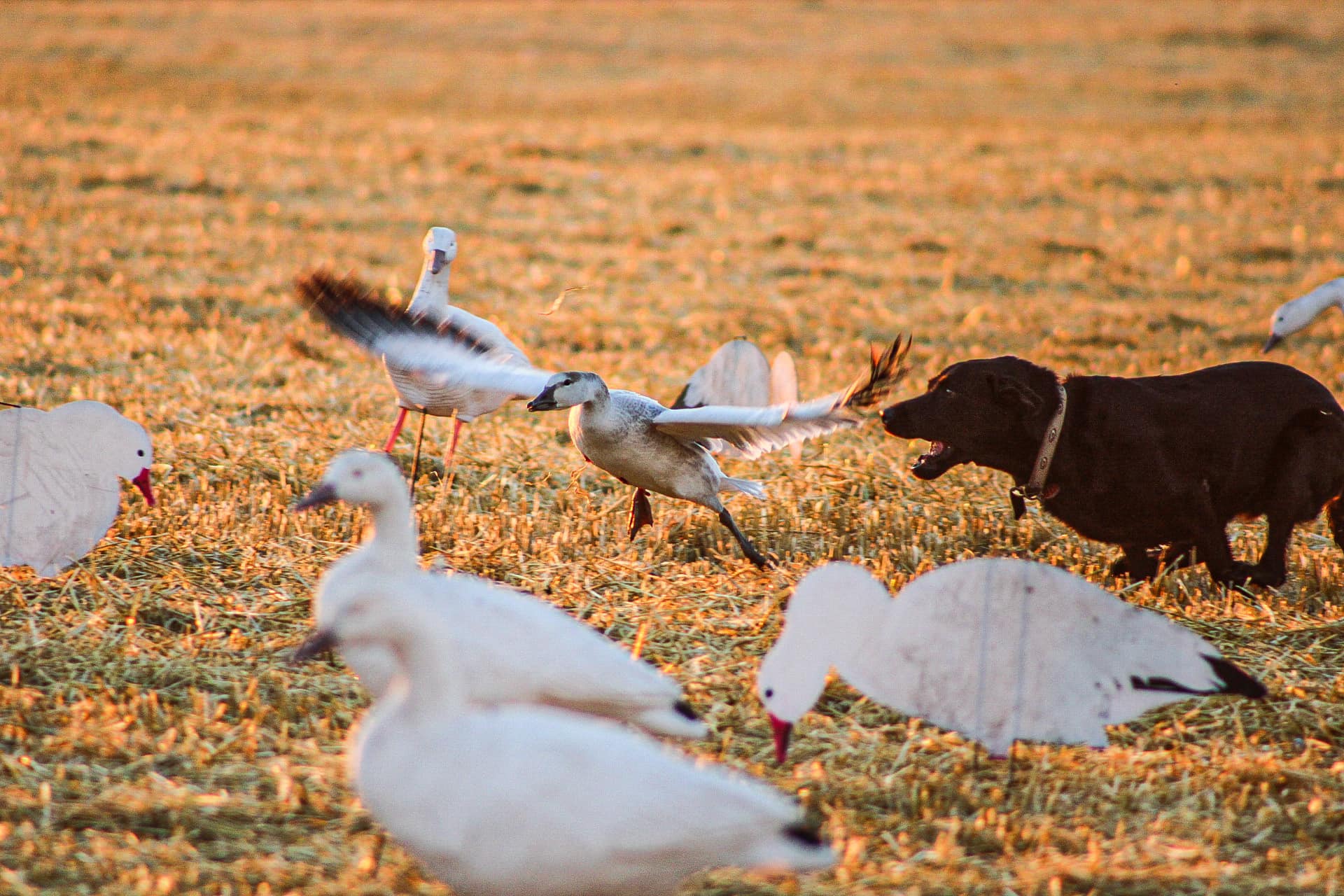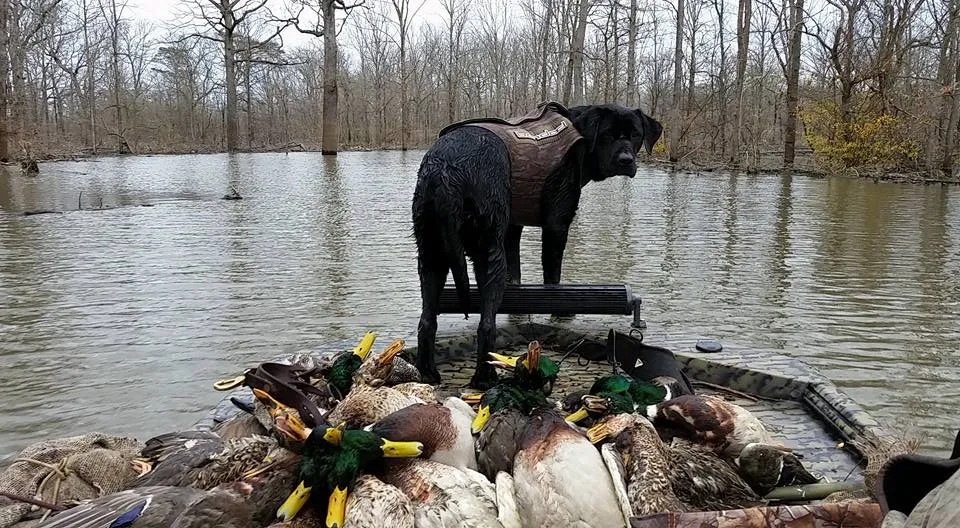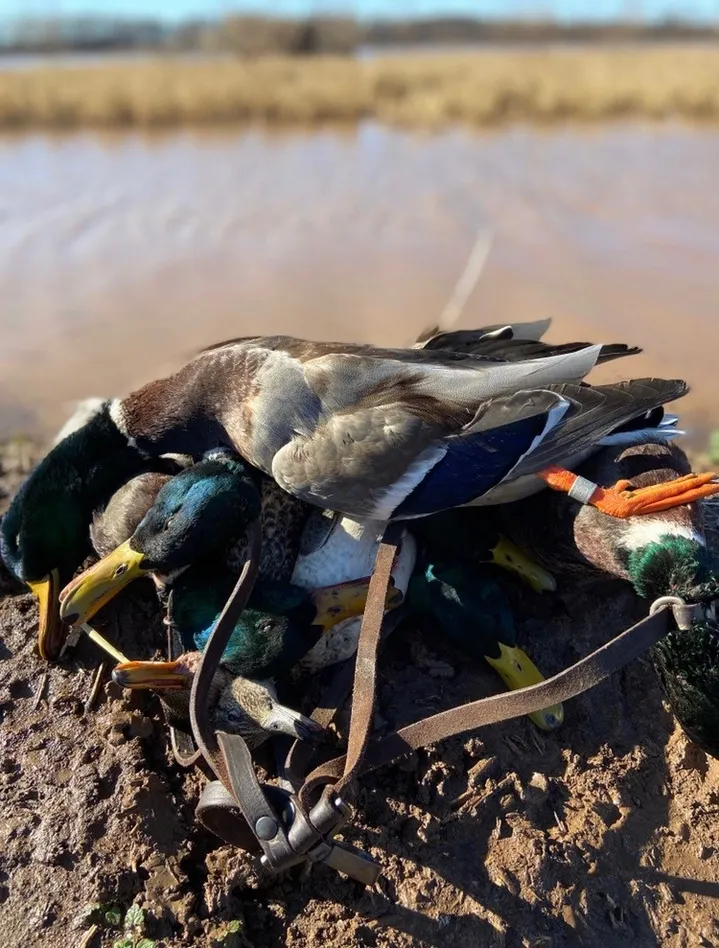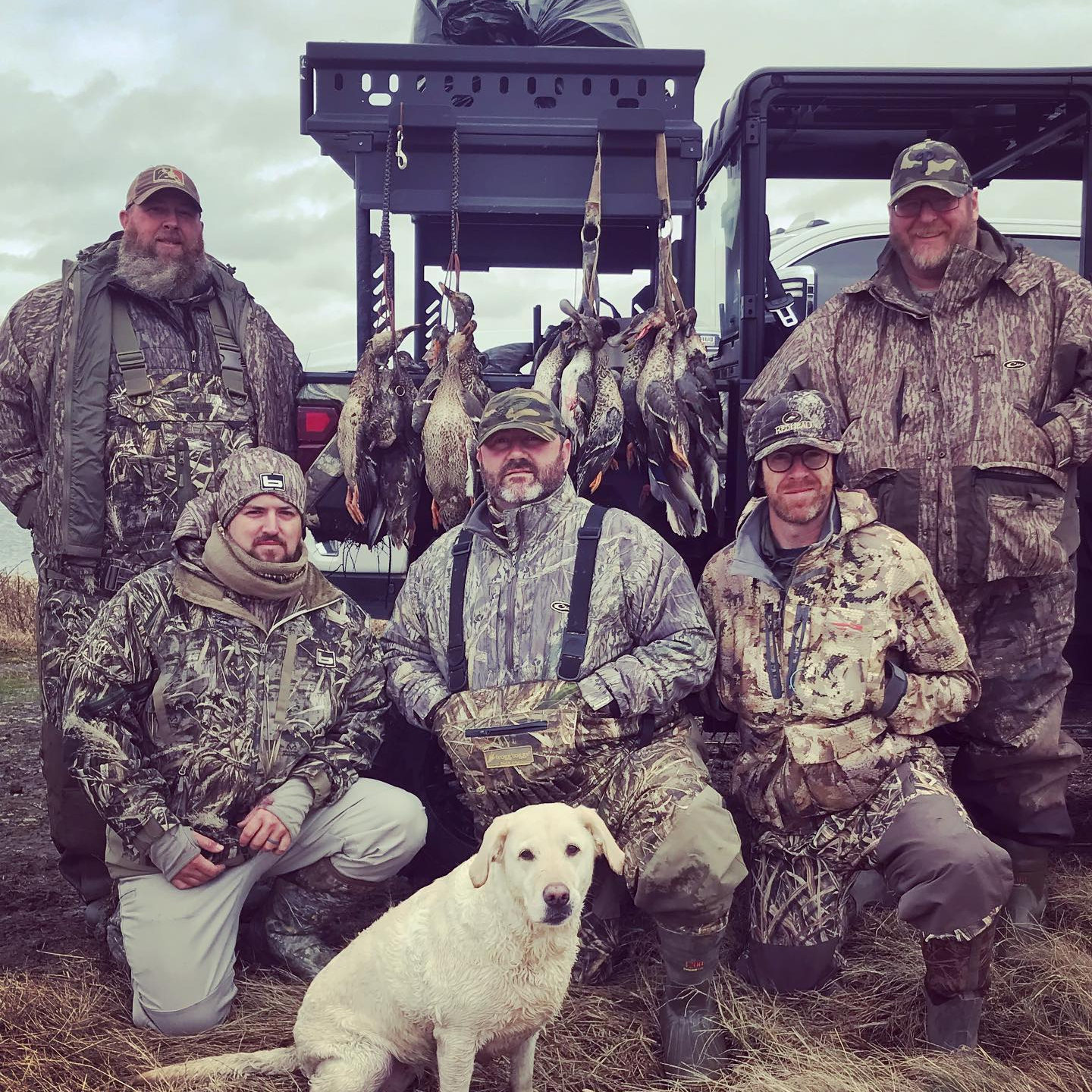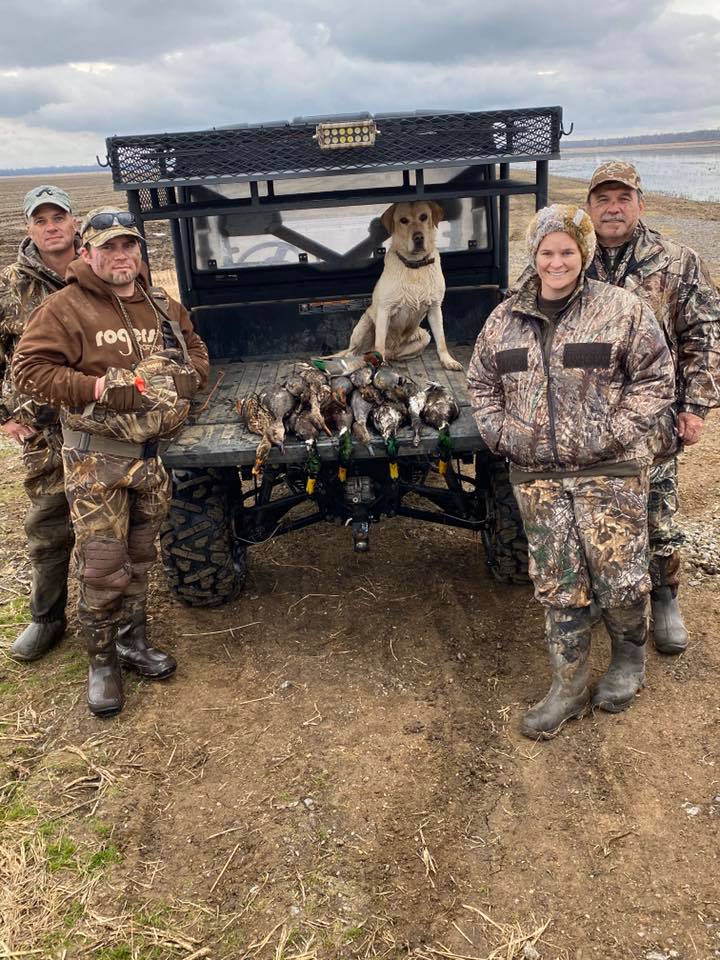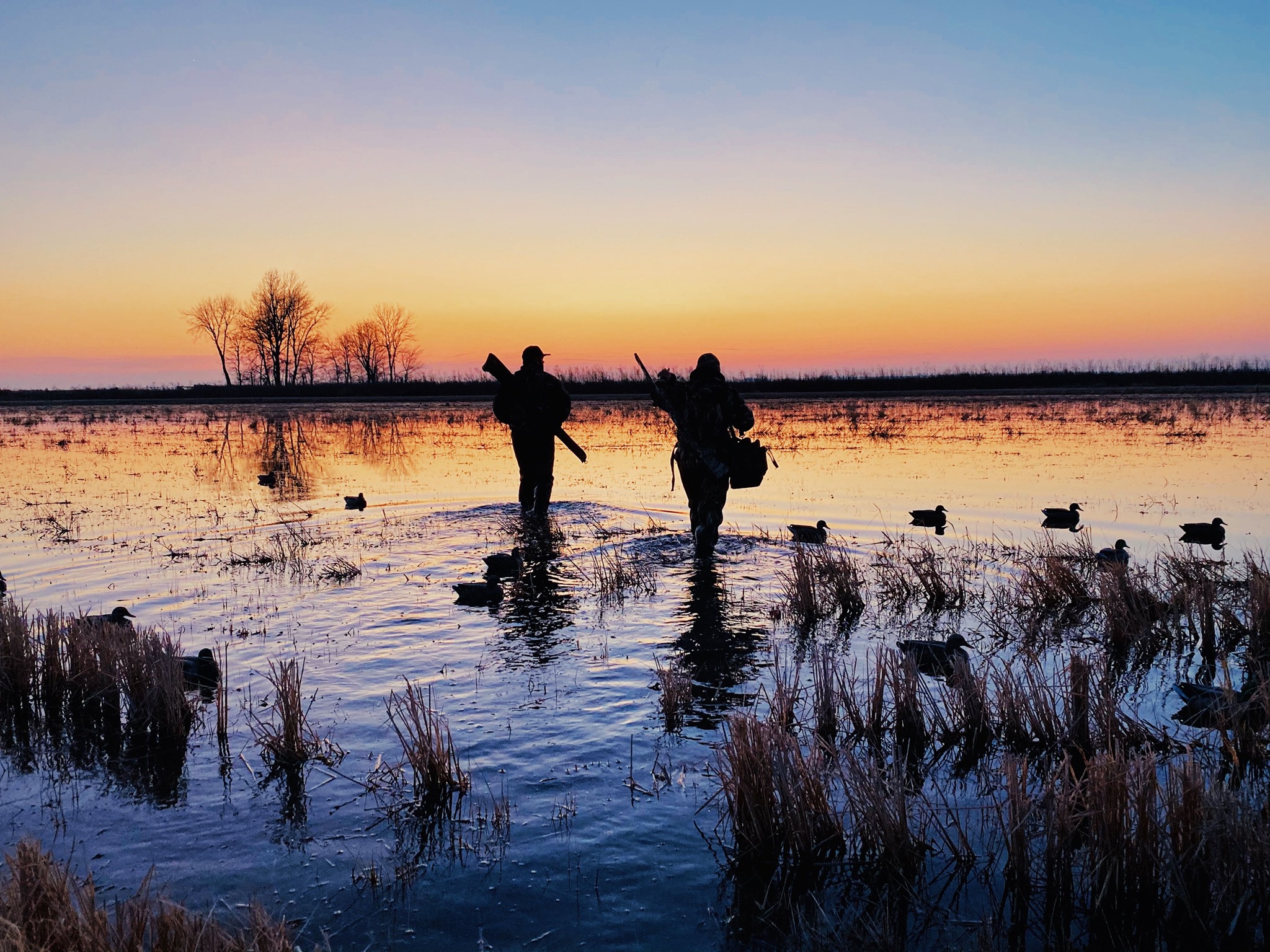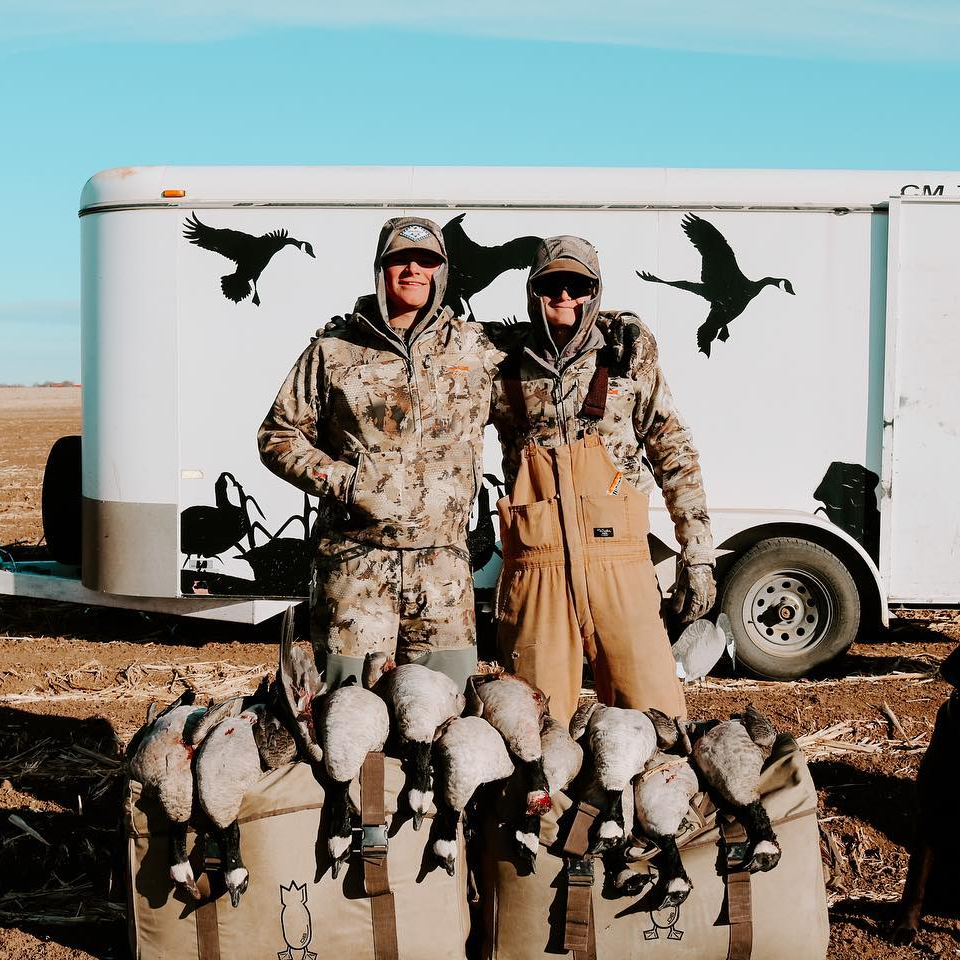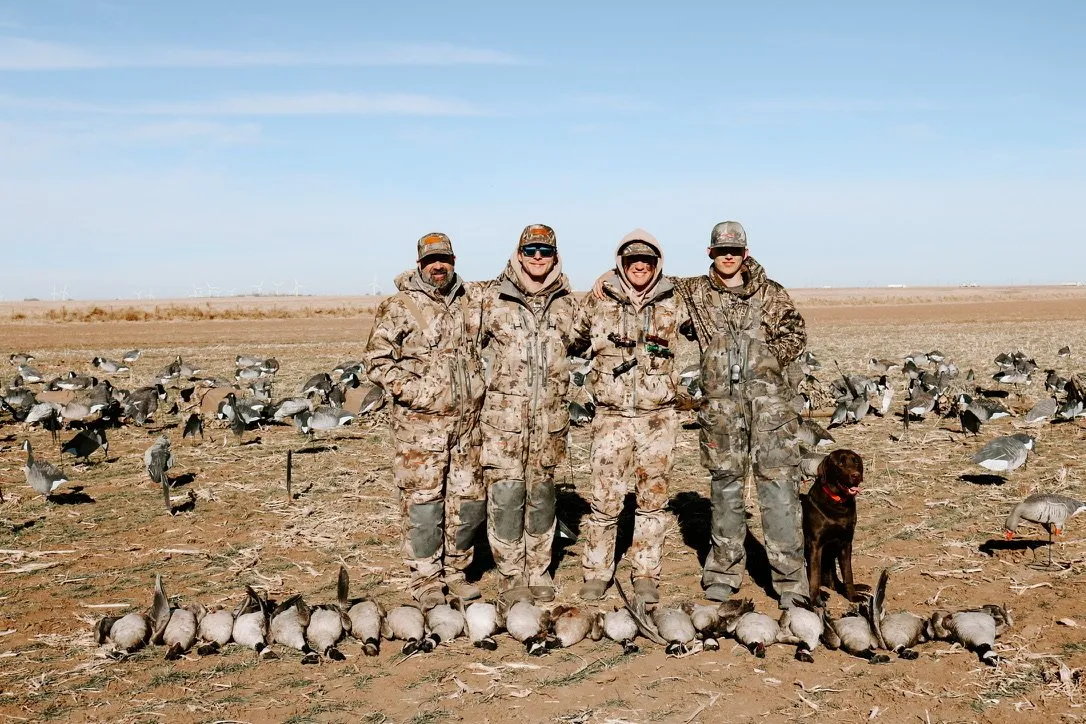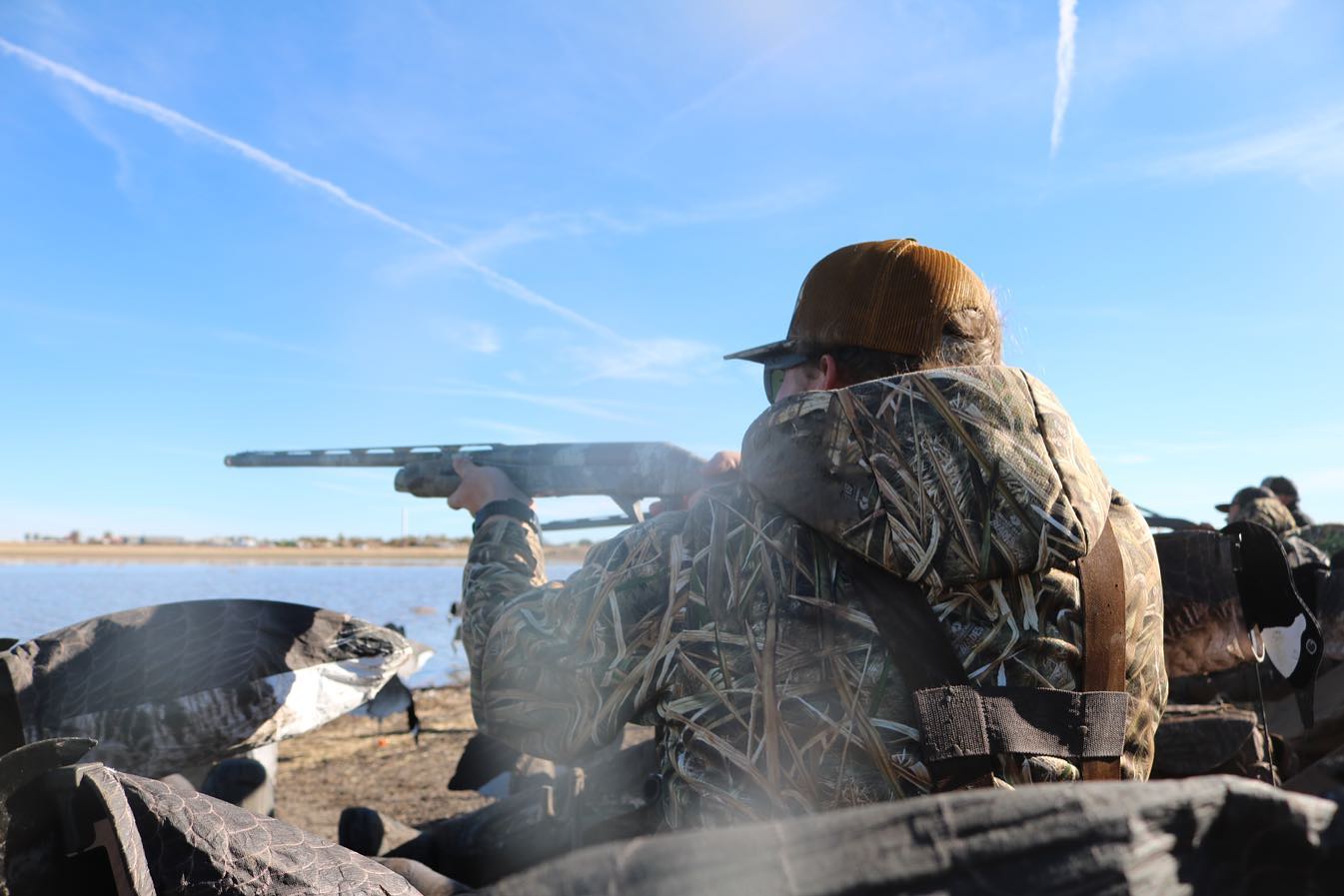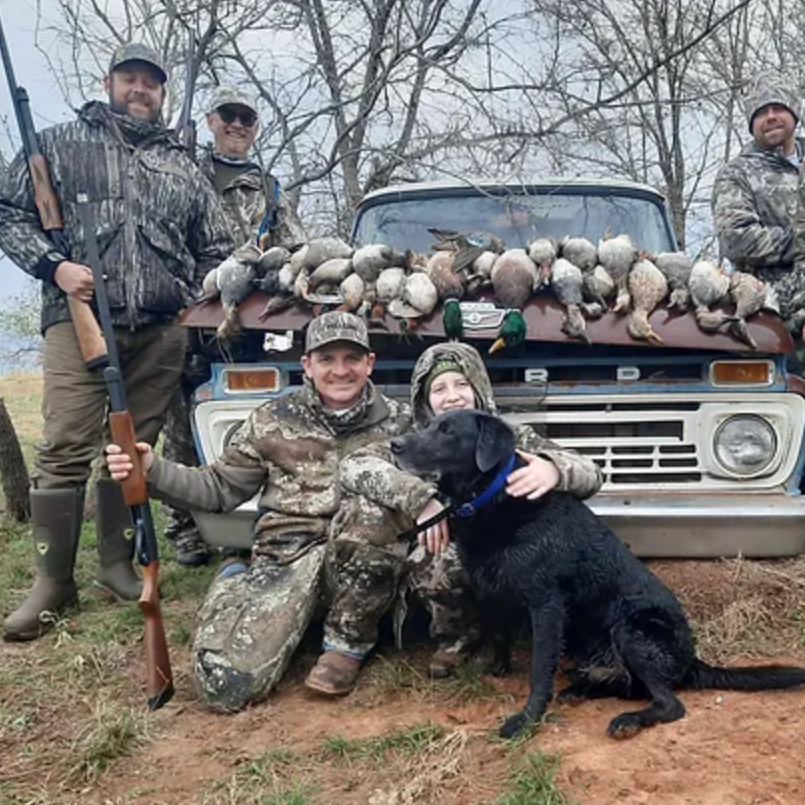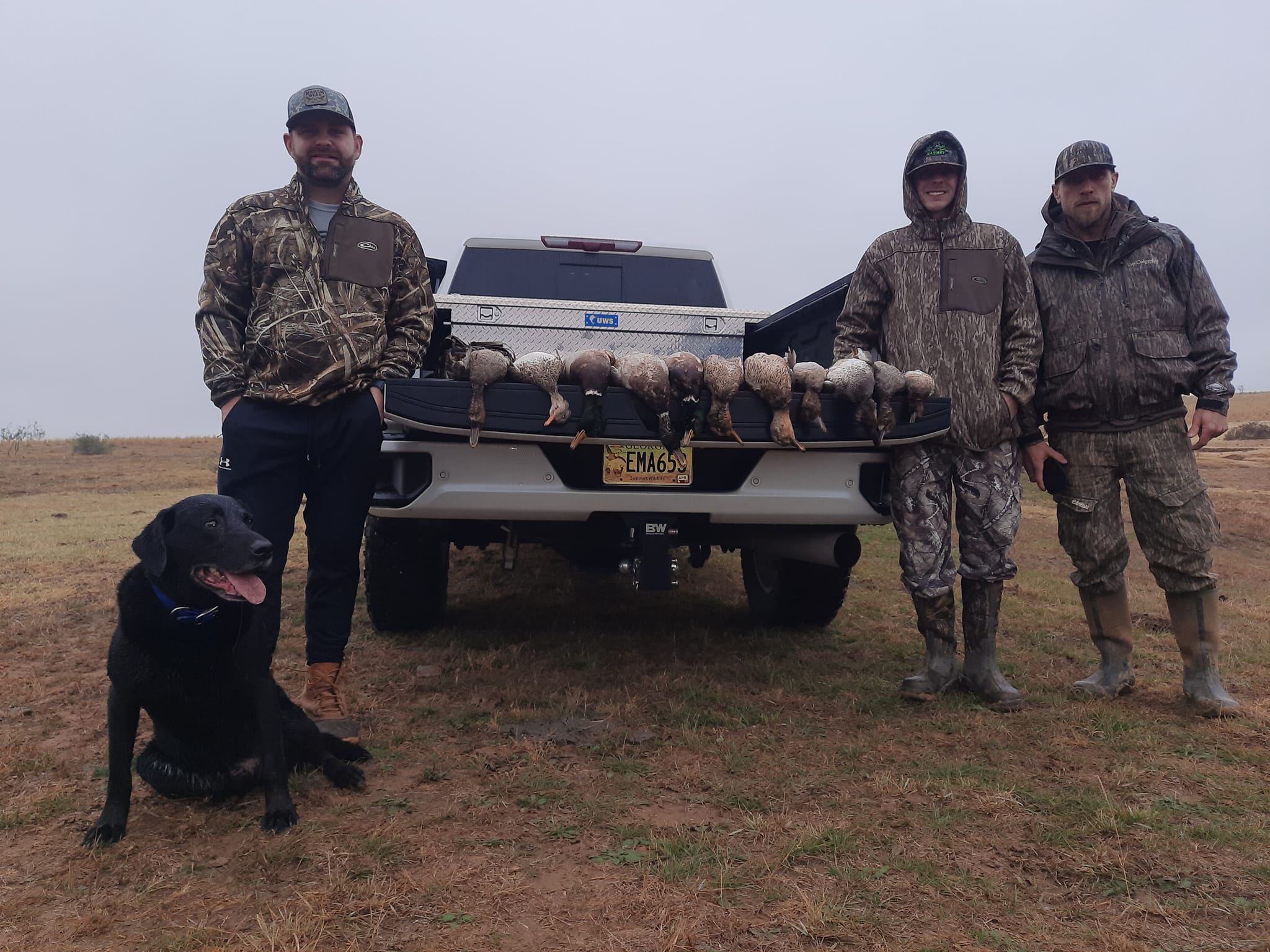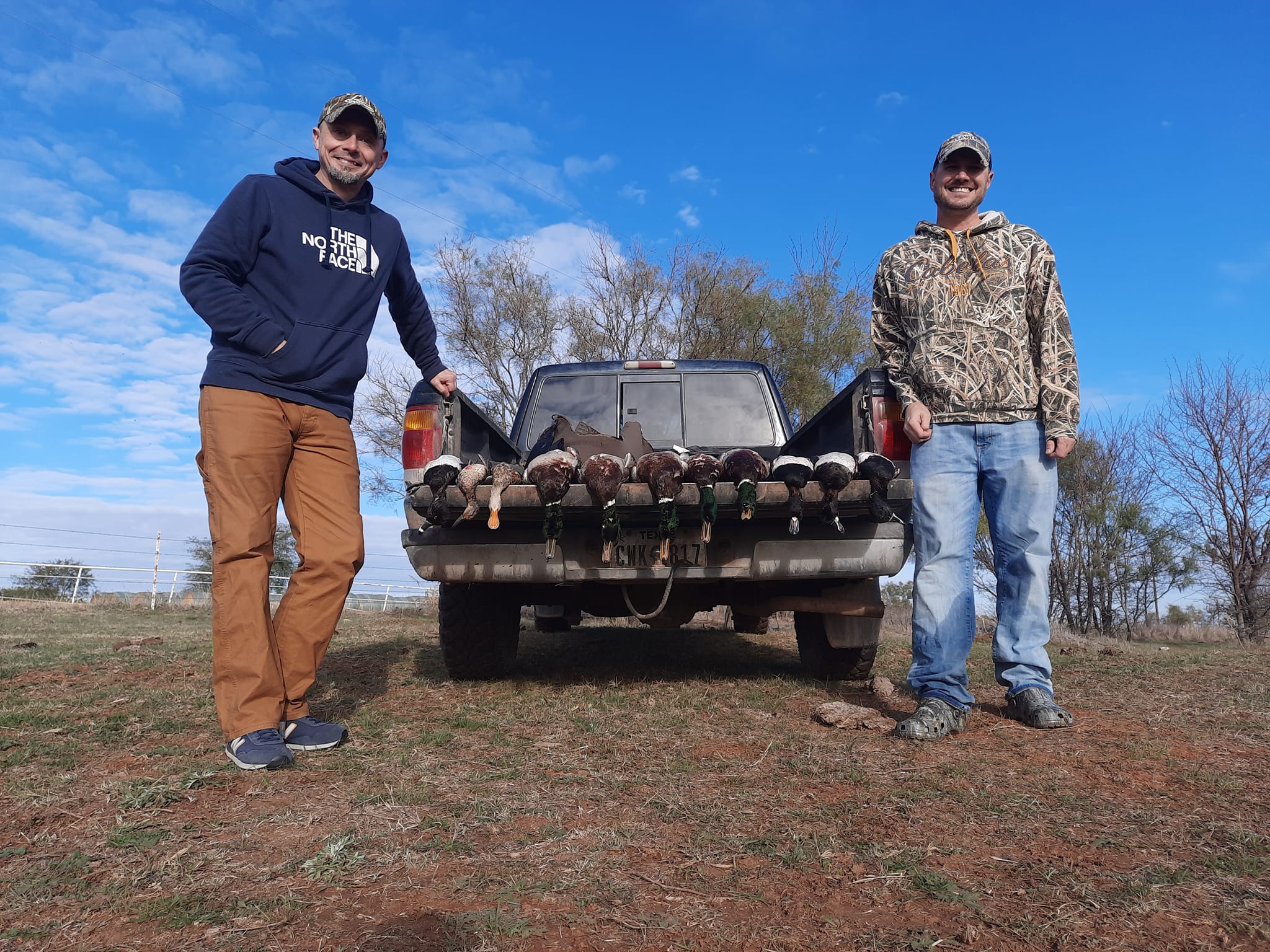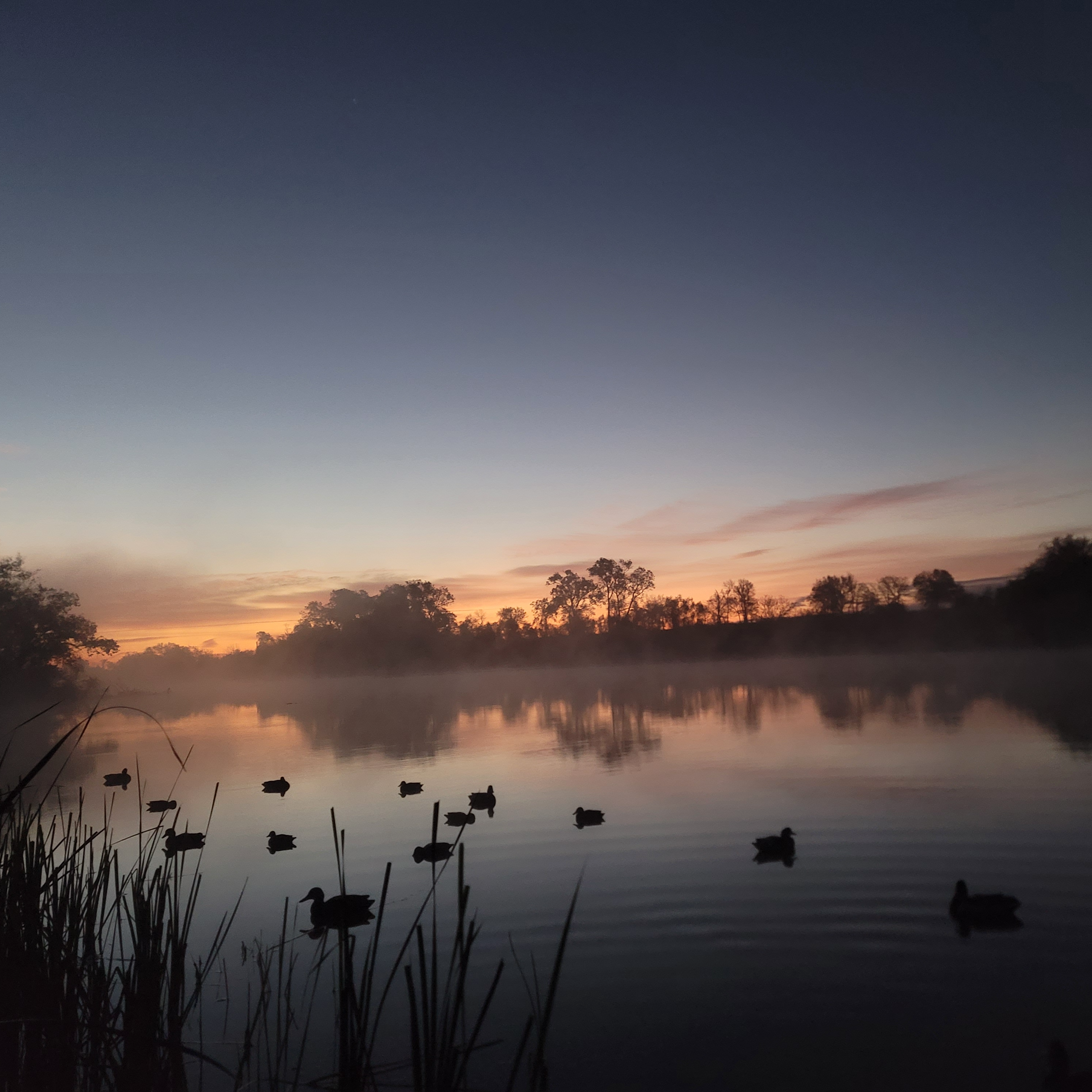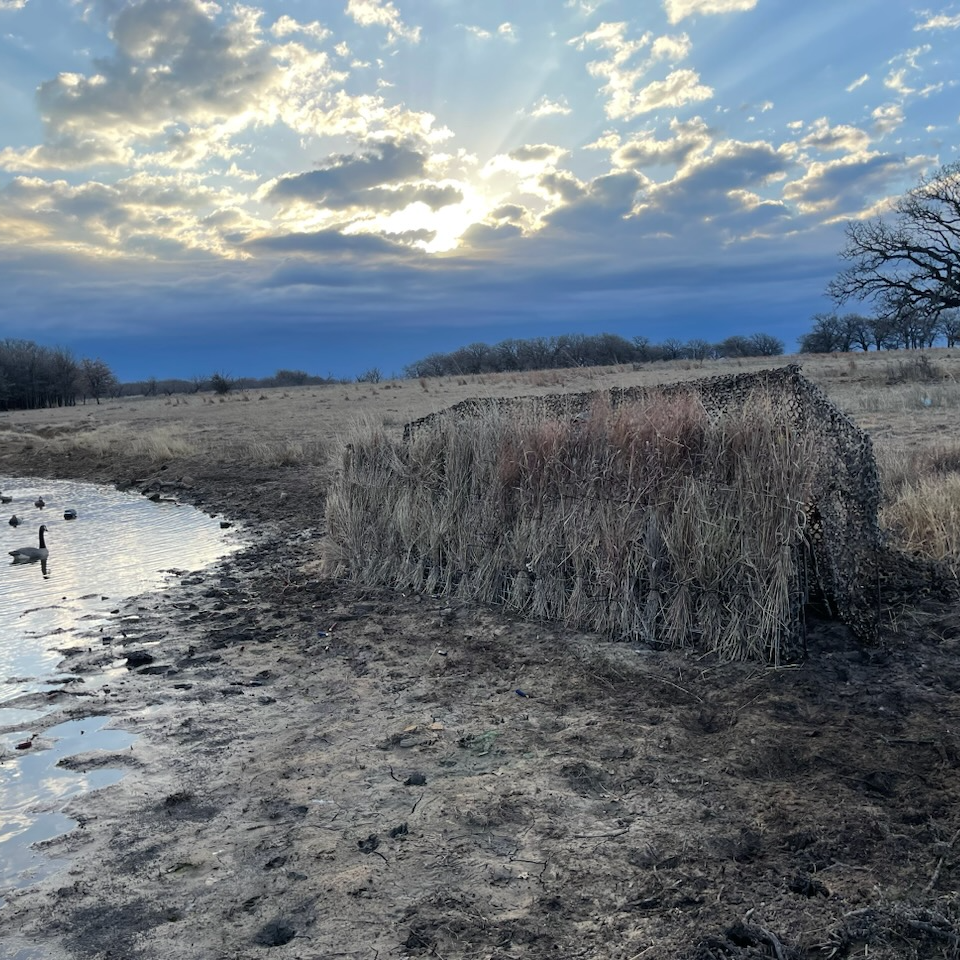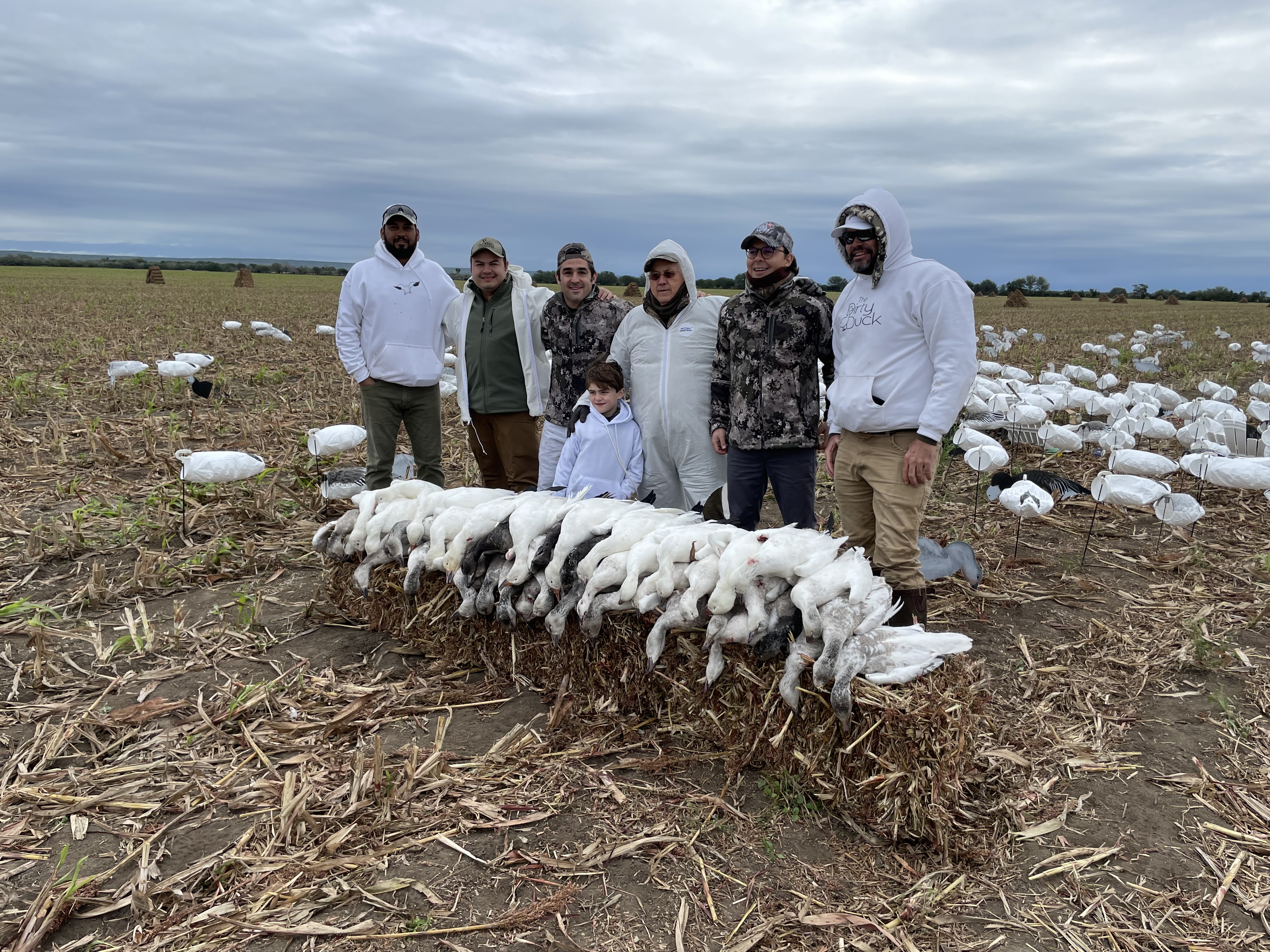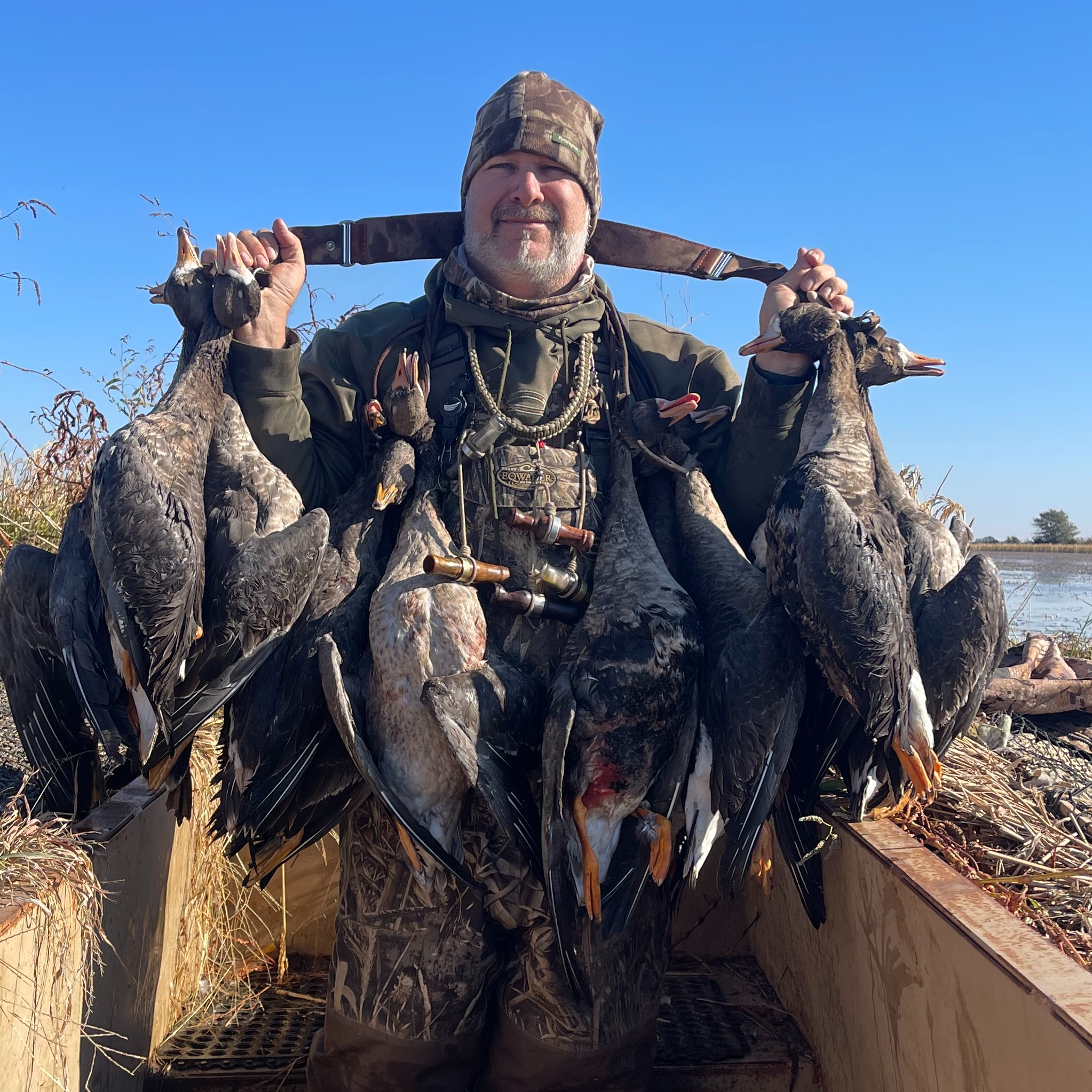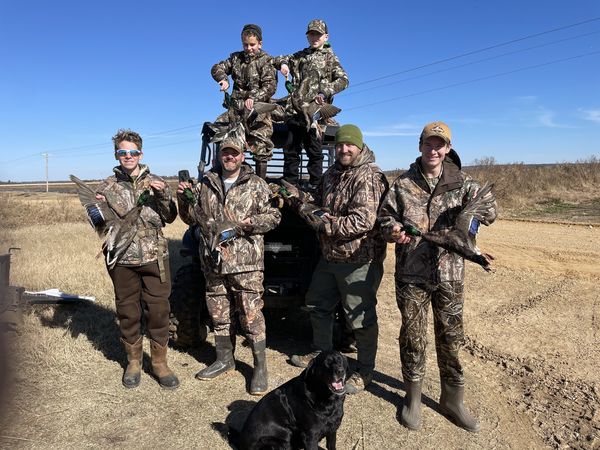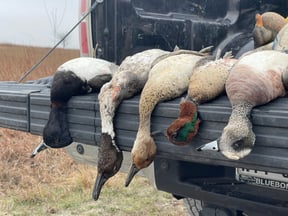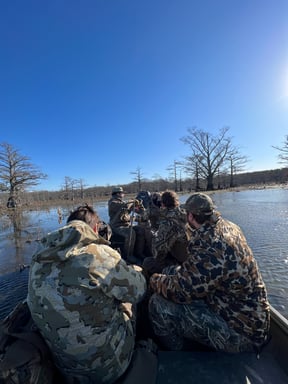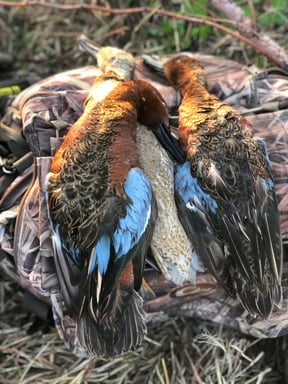Duck, Goose, Crane in Saltcoats
Saskatchewan All Inclusive
Full Day Duck And Goose W/ Lodging
Arkansas Flooded Timber Duck Hunt
Bootheel Rice / Timber Hunt
Duck, Goose Hunting in Amarillo
High Plains Wings Wack
Texas Duck Destruction
Central Texas Duck Hunts
Self Guided Duck Blind Rentals
Duck, Upland, Dove in José Silva Sánchez
Ducks, Dove & Quail
Duck, Goose Hunting in Walnut Ridge
Morning Duck/Afternoon Goose Combo
We started Captain Experiences to make it easy to book fishing and hunting guides around the world. With over 2,000 Damn Good Guides, our platform makes finding and booking a trip seamless. Head here to check out our trips.
How does avian bird flu affect hunters?
With the 2022-23 avian bird flu season in full swing, what do hunters need to be aware of as they wrap up the end of their hunting seasons? Let's walk through some frequently asked questions about avian bird flu and dive into what makes this such a bad disease.
Currently this year represents the deadliest year of bird flu in history, with more than 58 million cases (most in domesticated poultry, which have significantly lower resistance to avian flu than wild geese and ducks do). Avian flu has also been detected in 49 of the 50 states this season according to the CDC.
Even though this outbreak (h5n1) has hit domestic birds the hardest, many waterfowlers have taken notice of dead birds and unusual behavior in the field. Hunters and farmers have anecdotally reported this year "feeling different", with more sick birds than usual.
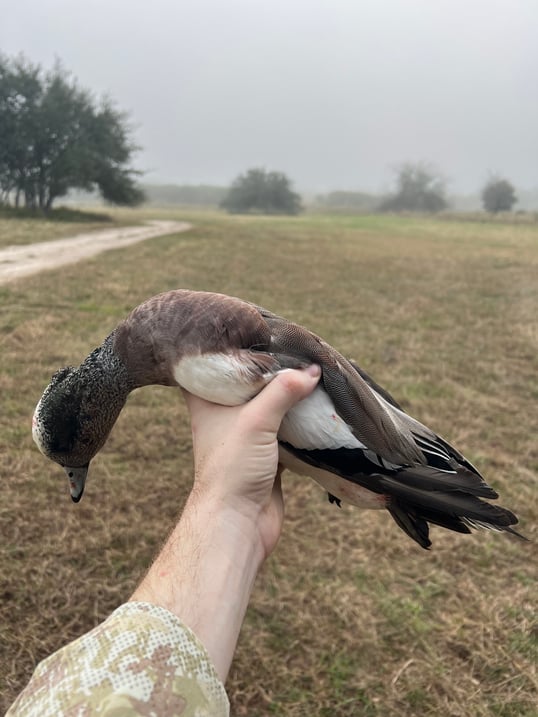
What is avian flu?
Avian flu (also called bird flu) is a common virus in birds, acting like a cold or flu in humans. It can come in many different strains, and some years (with some strains) are often worse than others, whether due to increased virality or increased strength.
Birds become infected with the disease in many of the same ways humans infect each other with illnesses - from infected drinking water, from exposure to body fluids and feces, and even from close contact with each other.
What does the 2022 / 2023 avian flu look like?
All avian flu strains are categorized loosely as low or high-risk. While there are many strains of avian flu which occur annually, most are categorized as low pathogenic avian influenza (LPAI), meaning they don't pose much risk to bird populations or other species (like humans).
This recent outbreak is different - this 2021 strain of avian flu, which has carried over into 2022 and 2023, is highly pathogenic and is of greater concern, because it is more deadly and more viral.
Hunters have noticed that this season's bird flu is worse than normal. Wild birds usually have some built-in immune response to bird flu and are not usually seriously affected, which makes it unusual that birds are noticeably sick and dying in some locations in the hundreds.
What are the signs a bird is infected with avian flu?
Scientists believe that all birds can be infected with avian flu, but many waterfowl are known to not develop symptoms. This can cause problems for hunters who can't be sure if the birds they take are infected or not.
The common symptoms of avian flu are often spastic, and birds can exhibit nervousness, tremors, lack of overall coordination and trouble flying, exhibiting cold-like symptoms, and even limited fear of humans, such as failing to fly away. To hunters who are often very versed in bird behavior, look for birds that exhibit unusual movements and eccentric behavior, including things like a twisting and spasming of the neck and head. Eventually the flu can lead to sudden death.
What birds are affected by avian bird flu?
This year it appears that not only are sensitive species (wigeon, pintail) affected by bird flu, but hardier species (snow geese, Canadian geese, mallards) as well. In particular, it appears many juvenile birds are having trouble. More birds have also been reported as sick in northern states than southern ones.
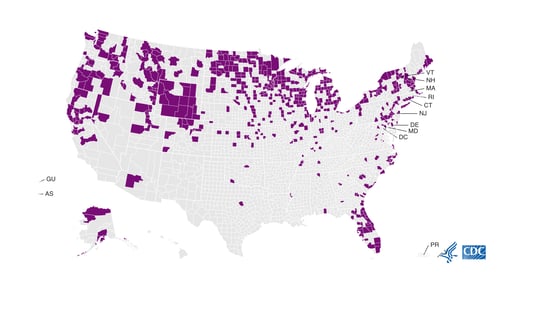
How will bird populations and hunting seasons be affected by avian flu?
Given the prevalence of avian flu this season, many hunters have been wondering how bird populations will be affected (and how hunting seasons and limits will be affected as a result). As hunters, we have more of a vested interest in the safety and security of wild duck and goose populations than most.
From what experts can see, while there appear to be more sick and dying birds than usual, it is likely that populations are and will remain healthy. While numbers are still being collected, it appears that the majority of wild birds are healthy or asymptomatic, especially mature, adult birds.
Is it safe to eat birds that have avian flu symptoms? (and is it safe for my dog to retrieve them)?
Yes, it is currently believed to be generally safe for waterfowlers to eat wild birds infected with avian flu provided they clean birds appropriately, handle them well, and cook them thoroughly. If proper food safety guidelines are followed (clean the bird quickly, don't let the bird sit out in warm temperatures, dispose of the carcass, and cook the bird thoroughly) then the bird should be safe to consume.
The same extends to dogs - dogs should be fine to continue retrieving birds. There are currently no cases of avian flu in dogs. It is recommended to be safe that dogs should not retrieve obviously sick or dead birds, nor should they eat any raw meat.
Should I report avian flu cases or sick birds?
Yes, according to Ducks Unlimited hunters can report cases of sick birds or dead birds to state or federal officials through their state veterinarian or through USDA APHIS toll-free number at 1-866-536-7593.
Attison Barnes
Updated on January 5, 2023
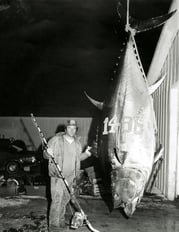
June 3, 2021
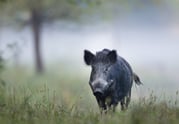
November 7, 2023

April 26, 2022
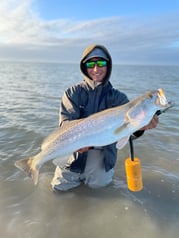
January 19, 2021
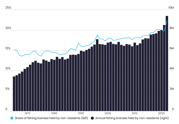
July 31, 2024
Related Articles
October 5, 2022
January 2, 2023
December 11, 2022
Featured Locations
- Fishing Charters Near Me
- Austin Fishing Guides
- Biloxi Fishing Charters
- Bradenton Fishing Charters
- Cabo San Lucas Fishing Charters
- Cancun Fishing Charters
- Cape Coral Fishing Charters
- Charleston Fishing Charters
- Clearwater Fishing Charters
- Corpus Christi Fishing Charters
- Crystal River Fishing Charters
- Dauphin Island Fishing Charters
- Daytona Beach Fishing Charters
- Destin Fishing Charters
- Fort Lauderdale Fishing Charters
- Fort Myers Fishing Charters
- Fort Walton Beach Fishing Charters
- Galveston Fishing Charters
- Gulf Shores Fishing Charters
- Hatteras Fishing Charters
- Hilton Head Fishing Charters
- Islamorada Fishing Charters
- Jacksonville Fishing Charters
- Jupiter Fishing Charters
- Key Largo Fishing Charters
- Key West Fishing Charters
- Kona Fishing Charters
- Lakeside Marblehead Fishing Charters
- Marathon Fishing Charters
- Marco Island Fishing Charters
- Miami Fishing Charters
- Montauk Fishing Charters
- Morehead City Fishing Charters
- Naples Fishing Charters
- New Orleans Fishing Charters
- New Smyrna Beach Fishing Charters
- Ocean City Fishing Charters
- Orange Beach Fishing Charters
- Panama City Beach Fishing Charters
- Pensacola Fishing Charters
- Pompano Beach Fishing Charters
- Port Aransas Fishing Charters
- Port Orange Fishing Charters
- Rockport Fishing Charters
- San Diego Fishing Charters
- San Juan Fishing Charters
- Sarasota Fishing Charters
- South Padre Island Fishing Charters
- St. Augustine Fishing Charters
- St. Petersburg Fishing Charters
- Tampa Fishing Charters
- Tarpon Springs Fishing Charters
- Venice Fishing Charters
- Virginia Beach Fishing Charters
- West Palm Beach Fishing Charters
- Wilmington Fishing Charters
- Wrightsville Beach Fishing Charters
